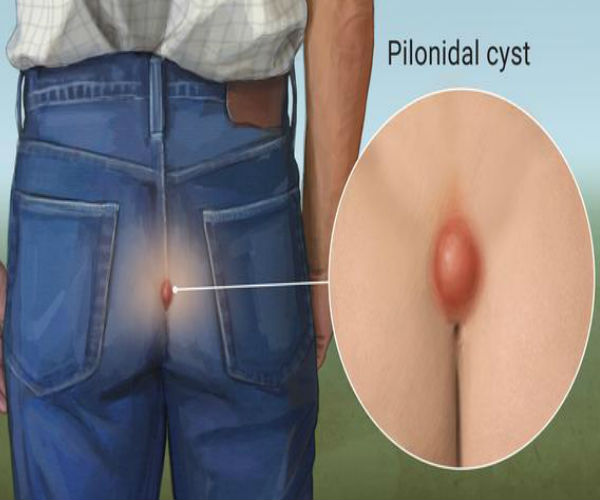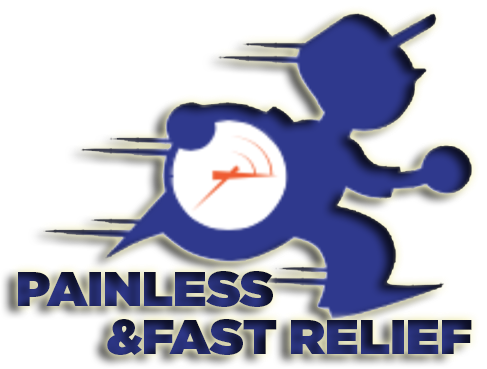What is pilonidal sinus disease (PNS)?
A pilonidal sinus (PNS) is a small hollow or tunnel inside the pores and skin. it is able to fill with fluid or pus, causing the formation of a cyst or abscess. It occurs in the cleft on the pinnacle of the buttocks. A pilonidal cyst commonly consists of hair, dust, and particles. it can cause severe ache and may often end up infected. If it will become inflamed, it can ooze pus and blood and feature a foul scent.
A PNS is a condition that mostly affects men and is also common in young adults. It’s also more common in people who sit a lot, like cab drivers.
What are the causes of pilonidal sinus disease?
The exact cause of this condition isn’t known, but its cause is believed to be a combination of changing hormones, hair growth, and friction from clothes or from spending a long time sitting. Activities that cause friction, like sitting, can force the hair growing in the area to burrow back under the skin. The body considers this hair foreign and launches an immune response against it, similar to how it would react when dealing with a splinter. This immune response forms the cyst around your hair. Sometimes a person may have multiple sinuses that connect under the skin.

How to Recognizing signs of infection?
you may no longer have any substantive symptoms in the beginning apart from a small, dimple-like depression at the floor of your skin. but, as soon as the depression becomes inflamed, it's going to quick develop into a cyst (a closed sac full of fluid) or an abscess (a swollen and infected tissue wherein pus collects).
The signs and symptoms of an contamination include
- Pain when sitting or status.
- Swelling of the cyst.
- Reddened, sore skin across the region.
- Pus or blood draining from the abscess, causing a nasty smell.
- Hair sticking out from the lesion.
- Formation of multiple sinus tract, or holes inside the skin.
you can additionally enjoy a low-grade fever, however this is much much less not unusual.
